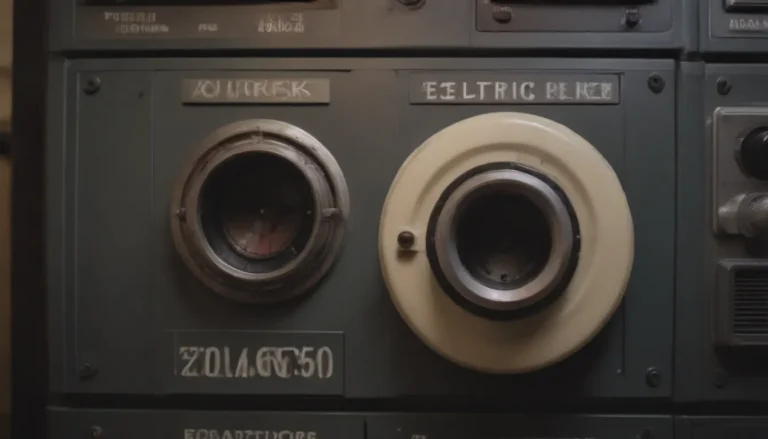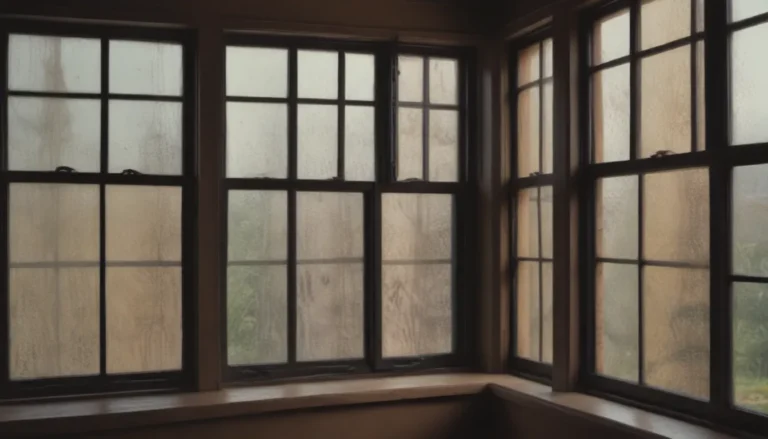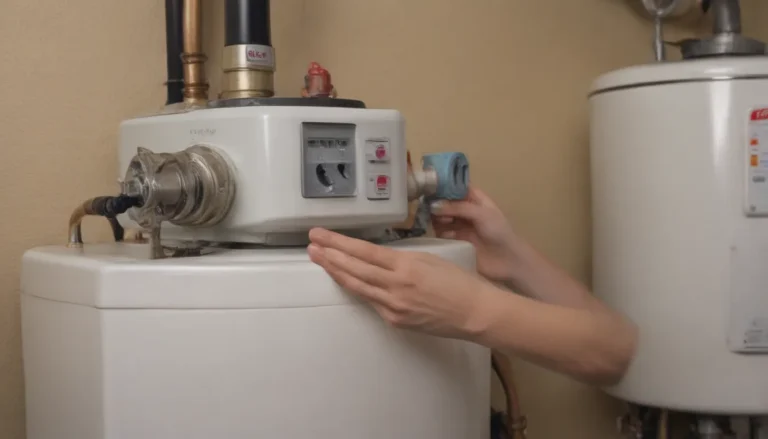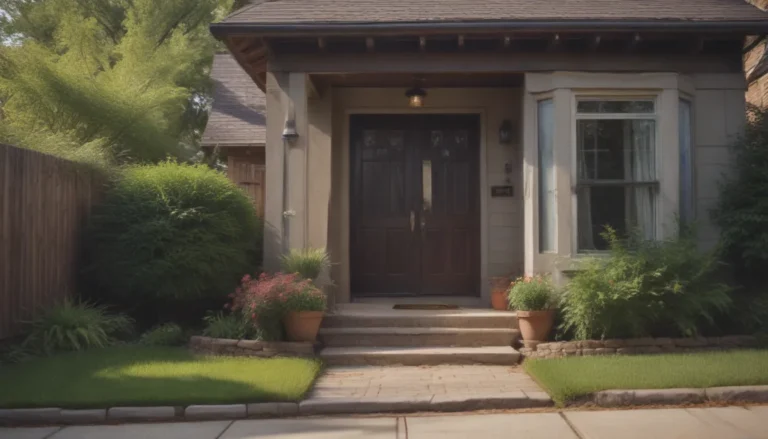Ultimate Guide: Troubleshooting Your Gas Water Heater
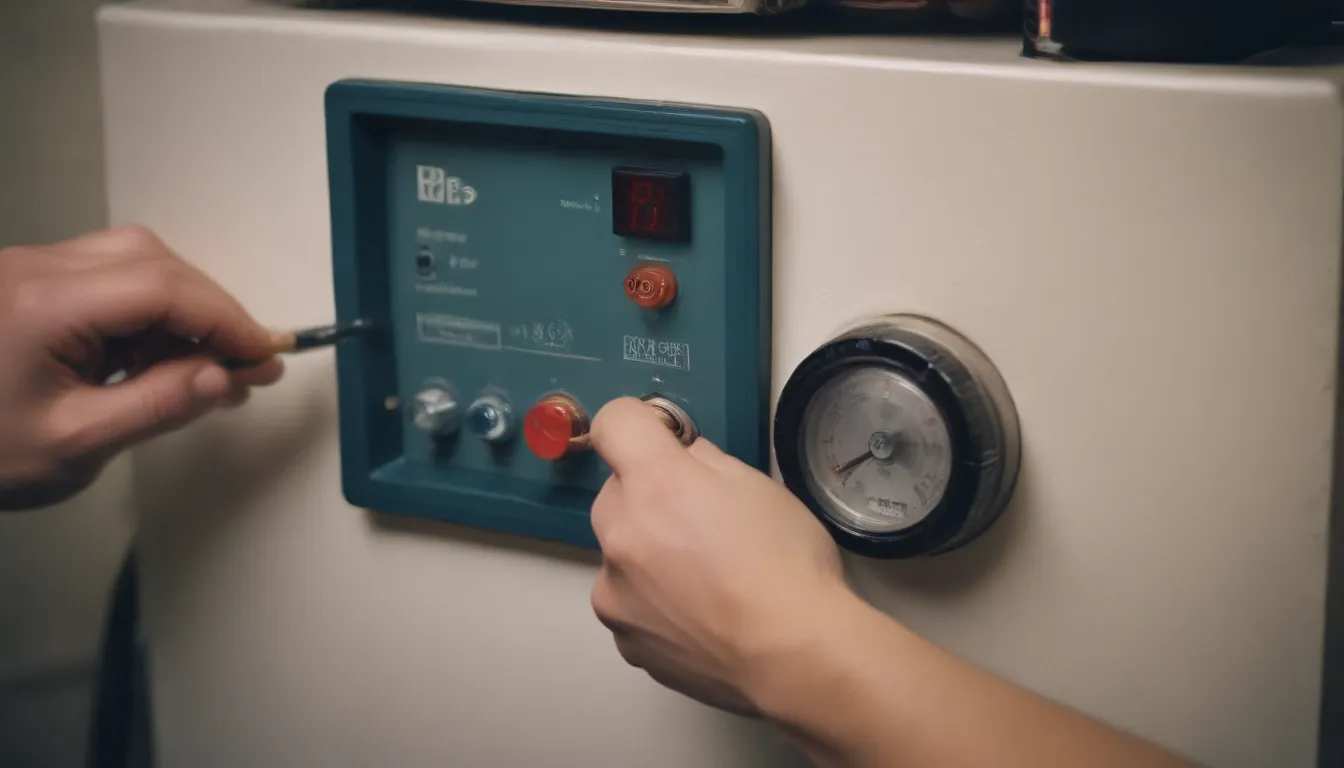
Welcome to the ultimate guide on troubleshooting common issues with your gas water heater. Whether you’re dealing with water temperature problems, dirty or discolored water, foul odors, leaks, pilot light trouble, or faulty valves, we’ve got you covered with valuable information to help you diagnose the problem and take the necessary steps to resolve it.
Why Your Gas Water Heater is Essential
Your gas water heater plays a crucial role in your home by providing hot water for various daily tasks such as showering, washing dishes, and doing laundry. When your water heater isn’t working correctly, it can disrupt your daily routine and cause inconvenience. Gas water heaters work by burning natural gas to heat the water in the tank, ensuring you have a constant supply of hot water on demand. It’s essential to address any issues with your water heater promptly to avoid further complications.
Understanding Water Heater Safety
Before we delve into the common issues with gas water heaters, it’s crucial to emphasize the importance of safety when dealing with these appliances. Water heaters contain scalding water under pressure, which can pose a risk of burns if not handled properly. Additionally, gas water heaters use flammable natural gas, so any leaks in the gas valves or pipes are serious concerns that require immediate attention.
Due to the potential risks associated with water heaters and their complexity, it’s recommended to have water heater repairs conducted by professional technicians. Even if you consider yourself a DIY enthusiast, it’s best to leave water heater repairs to trained professionals to ensure safety and prevent future problems.
Common Reasons Your Gas Water Heater May Not Be Working
Let’s explore some of the common issues that may cause your gas water heater to malfunction:
Water Temperature Problems
- Adjust the thermostat on the water heater to address temperature issues.
- Regularly flush the water heater to remove sediment build-up that can affect heating efficiency.
- Check the condition of the dip tube, as damage can lead to improper water heating.
- Ensure the pilot light is on and the gas line valve is open to maintain water temperature.
Dirty, Rusty, or Discolored Water
- Rusty water indicates a corroded anode rod or tank, which may require replacement.
- Flushing the water heater can help remove scale build-up that causes dirty or discolored water.
- Consider installing a water softener system to address recurring scale build-up issues.
Foul Water Odors
- Sewage smells indicate bacterial growth in the water tank and may require thorough flushing.
- Sulfuric odors can stem from a pilot light issue or gas line problem, necessitating immediate attention.
- Contact a professional plumber for assistance with resolving water odor problems effectively.
Leaking Tank
- Sizzling sounds indicate internal condensation, potentially signaling a leak in the tank.
- Inspect for loose or defective valves that may be causing leaks and address them promptly.
- Leaks from the bottom of the tank may necessitate tank replacement by a professional plumber.
Pilot Light Trouble
- Ensure the pilot light is functioning correctly as it serves as the ignition source for the gas burner.
- Check for clogged or worn pilot light components that may require replacement.
- Contact a plumber or water heater technician to diagnose and fix pilot light issues accurately.
Faulty Valves
- Inspect temperature and pressure relief valves, tank drain valve, inlet, and outlet valves regularly for leaks.
- DIYers with plumbing experience can repair or replace faulty valves, but professional assistance is recommended for safety.
- Address hissing or spraying pressure relief valves promptly to prevent potential tank damage.
Conclusion
Your gas water heater is a vital appliance that requires proper maintenance and timely repairs to ensure continuous hot water supply in your home. By understanding the common issues that can affect your water heater and knowing how to troubleshoot them effectively, you can avoid disruptions and enjoy efficient hot water usage.
Remember, safety should always be a top priority when dealing with gas water heaters. If you encounter complex issues or are unsure about performing repairs, don’t hesitate to seek professional help. Keep your gas water heater in optimal condition to enhance the comfort and convenience of your daily routine.
Thank you for exploring our comprehensive guide to troubleshooting your gas water heater. Stay informed, stay safe, and enjoy a steady supply of hot water in your home!
